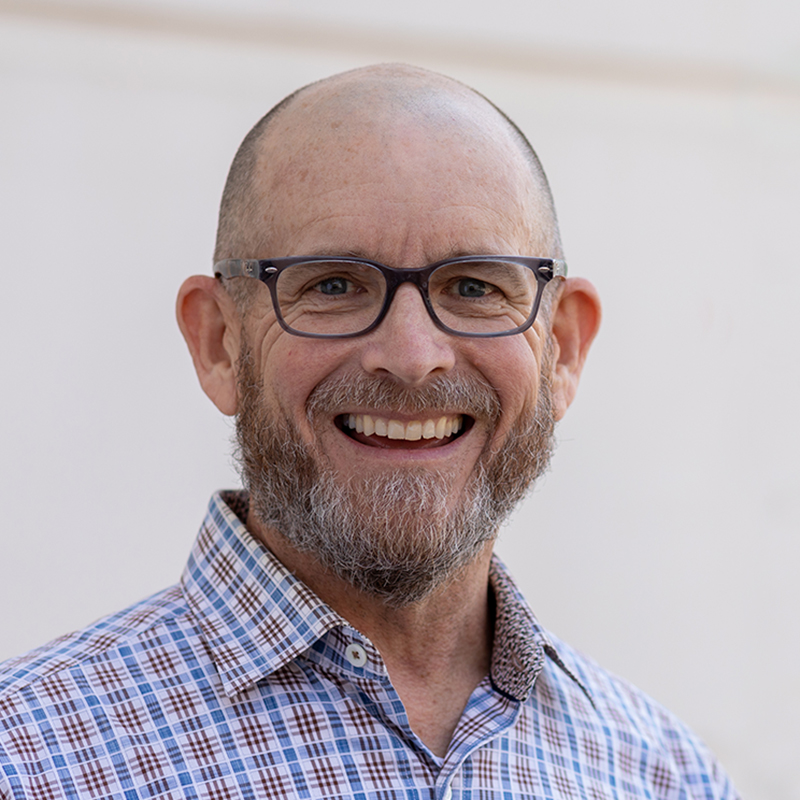Procrastination

Earlier this year, I decided to purchase the truck that I have been pining for over the last two years. I was very particular in what I wanted. Model, bed length, drive train, and color had to be just right. Of course, this limited the number of trucks that were available. Turns out, a lot of other people had done the same research and decided they too wanted the same vehicle. I eventually drove to Bristol, Tennessee to get my truck. But before that, I procrastinated on a couple of local opportunities. I could have made the process so much easier if I had not procrastinated. I lost both trucks because I dragged my feet.
A common misconception about procrastination is that it is a harmless habit at worst and possibly even a beneficial one at best. Some argue that it does not matter when a task is completed, as long as it gets done. Some even claim they perform better under pressure. Stanford philosopher John Perry, in his book The Art of Procrastination, suggests that people can use procrastination to their advantage by restructuring their responsibilities to ensure they are always accomplishing something of value. However, psychological scientists strongly disagree with this perspective. They contend that it confuses productive behaviors, such as pondering (which involves trying to solve a problem) or prioritizing (which involves organizing tasks), with the self-defeating habit of genuine procrastination.
There is also a middle ground position that has been suggested by organizational psychologist Adam Grant. Grant suggests that procrastination and distraction in moderation can improve creativity.
According to a 2022 article, here are the pros and cons of procrastination:
Cons
- Links with other health problems such as insomnia, digestive problems, muscle tension and pain.
- Putting off regular health checkups.
- Lowered academic performance evidenced by lower grades, poorer performance on tasks, and higher levels of stress.
- Impacts on job performance such as lower income, more unemployment, and a shorter duration of employment.
- Increased depression and anxiety.
Pros
- Active procrastination may actually improve purposeful use of time, belief in ability to execute tasks, control of time, and performance.
- More time to plan.
- Allows time to finish other tasks.
- Requires efficiency.
- Increases motivation.
I do not recommend buying an out-of-state vehicle. The fourth call to the dealership about my lost title as the temporary tags were expiring on the heels of the wasted trip to the DMV was not the desired adventure. At the end of the day, it all worked out and I love my truck. But I could have saved myself a lot of stress if I hadn’t procrastinated in the first place.
Procrastination can be a dangerous practice for lawyers. Most lawyers work in practices where deadlines matter. When we wait until the last minute to complete tasks or file documents, we might be jeopardizing our clients’ interests. For example, if you wait until the eve of the statute of limitations to file a client’s complaint and name the wrong defendant, the claim will be barred by the time that you discover your mistake. At that point, there is no way to fix your error. If you hadn’t procrastinated, you could have easily amended the complaint to name the correct defendant.
You probably have something right now that you have been procrastinating on that needs to be done. Now would be a great time to tackle that task. And then let that motivate you to do the next thing and the thing after that and the thing after that.




